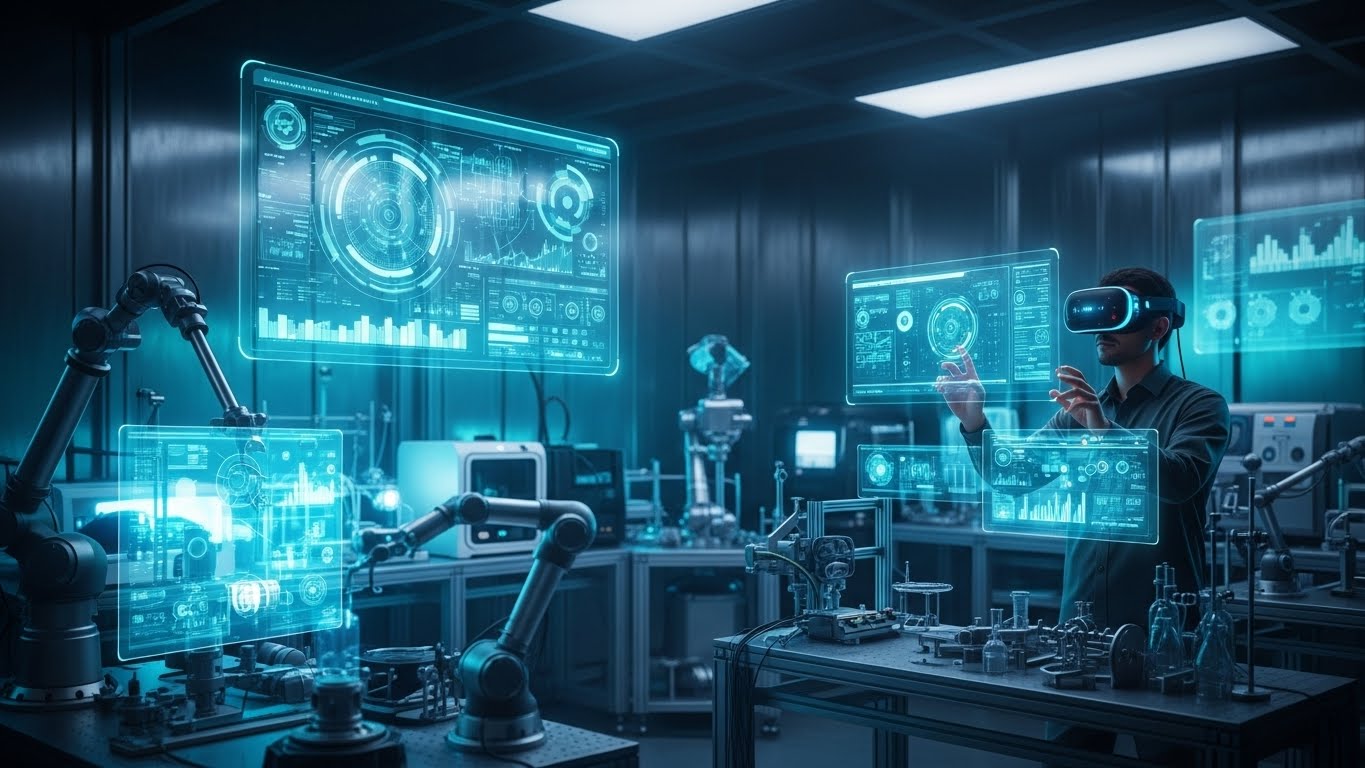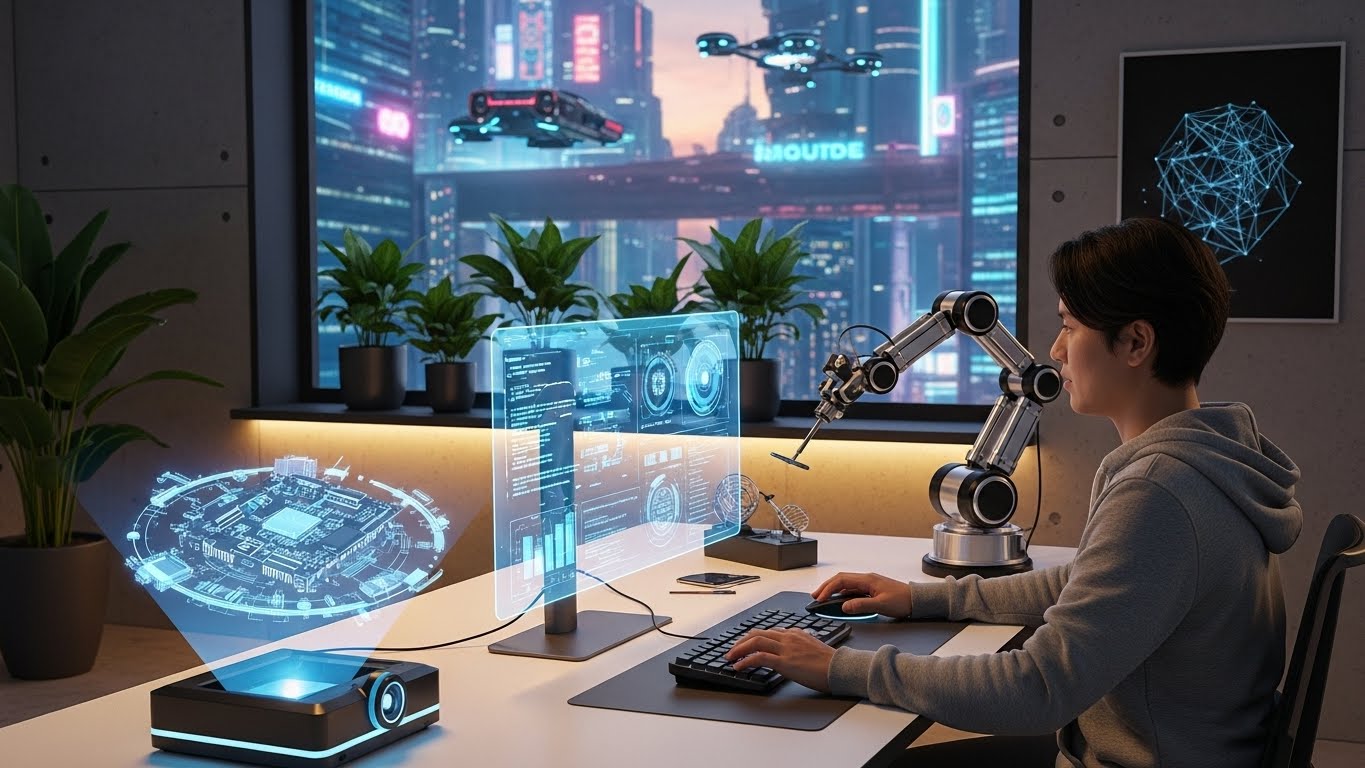Technology and Its Role in Modern Life
Technology has become the backbone of modern civilization. It shapes the way we communicate, learn, work, and entertain ourselves. From smartphones that connect people across continents to smart devices that simplify daily routines, technology has transformed how we interact with the world. Its presence in everyday life has made tasks faster, more efficient, and often more enjoyable.
The Evolution of Technology
The story of technology is a journey of human curiosity and innovation. Early inventions like the wheel, the printing press, and electricity laid the foundation for progress. The 20th century brought computers, the internet, and mobile devices, revolutionizing communication and access to information. Today, cutting-edge innovations such as artificial intelligence, robotics, and quantum computing are pushing the boundaries of what is possible.
Technology in Communication
Advancements in technology have revolutionized communication. Social media, instant messaging, and video calls allow people to connect instantly regardless of location. Businesses leverage technology to collaborate and reach global audiences efficiently. Technology has made communication faster, more interactive, and accessible to millions, fostering a sense of connection across the world.
Technology in Daily Life
Modern life is heavily influenced by technology. Smart homes automate lighting, security, and temperature control. Healthcare innovations enable advanced diagnostics, treatment, and remote monitoring. Transportation is improving through electric vehicles and GPS navigation systems. Even entertainment has been transformed with streaming platforms, virtual reality, and interactive gaming, making technology an integral part of daily experiences.
Challenges in Technology
Despite its benefits, technology also presents challenges. Cybersecurity and privacy concerns have become major issues as personal data is stored digitally. Automation and artificial intelligence raise questions about job displacement and ethical use. Additionally, the digital divide highlights inequalities in access to technology, emphasizing the need for inclusive development. Addressing these challenges is essential for a sustainable technological future.
The Future of Technology
The future of technology promises unprecedented possibilities. Artificial intelligence will continue to evolve, robotics will handle complex tasks, and virtual reality will redefine immersive experiences. Innovations in biotechnology, renewable energy, and space exploration will open new frontiers for humanity. Technology will not only transform industries but also reshape education, culture, and the way people live.
Conclusion
Technology is more than just tools and devices; it is a driving force behind human progress. It enhances communication, transforms industries, and shapes everyday life. While challenges exist, the potential for innovation is limitless. As we move forward, technology will continue to inspire, connect, and transform the world, shaping a future full of possibilities.



